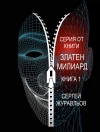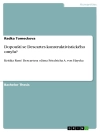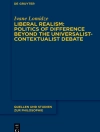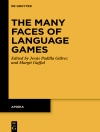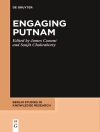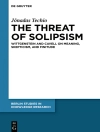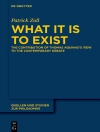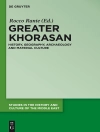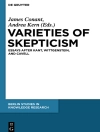This book examines the use of myth in contemporary popular and high culture, and proposes that the aporetic subject, the individual that ‘does not know’, is the ideal contemporary subject. Using several contemporary novels, films and theatrical plays that illustrate aporia – such as
Percy Jackson and the Lightning Thief (Riordan, 2007),
Tron Legacy (Koninski, 2010),
Welcome to Thebes (Buffini, 2010),
The Photographers (Koundouros, 1998),
Prometheus (2012) and
Prometheus Retrogressing (Sfikas, 1998) – Angie Voela introduces common ground between Lacanian psychoanalysis and some of Freud’s most ardent critics, Michel Foucault and Jean Baudrillard, as well as the cultural philosopher Bernard Stiegler. These unprecedented systematic comparisons broaden the scope and impact of Lacanian psychoanalysis in inter-disciplinary debates of philosophy and culture and Voela argues that apart from dealing with the past, psychoanalysis must alsodeal more explicitly with the present and the future. She presents a unique inquiry into modern subjectivity that will be of great interest to scholars of psychoanalysis, philosophy, film, literature and contemporary culture.
Innehållsförteckning
1. Introduction: Aporia, the Sphinx, and the Hope that Life Will Make Sense.- 2. Ion’s Aporia: Just Another Oedipus? 3. Towards a New Anthropogony? Tron Revisited.- 4. Forget Antigone?.- 5. The Abyss of the Other’s Desire or Greek Myth for (Neoliberal) Children.- 6. The Search for Origin in Riddley’ Scott’s
Prometheus.- 7.Conclusion: Aporia, Commemoration, Hope.
Om författaren
Angie Voela is a senior lecturer in Psychosocial Studies at the University of East London, UK. She has published in a number of journals and co-edited We Need to Talk About Family: Essays on Neoliberalism, the Family and Popular Culture.


